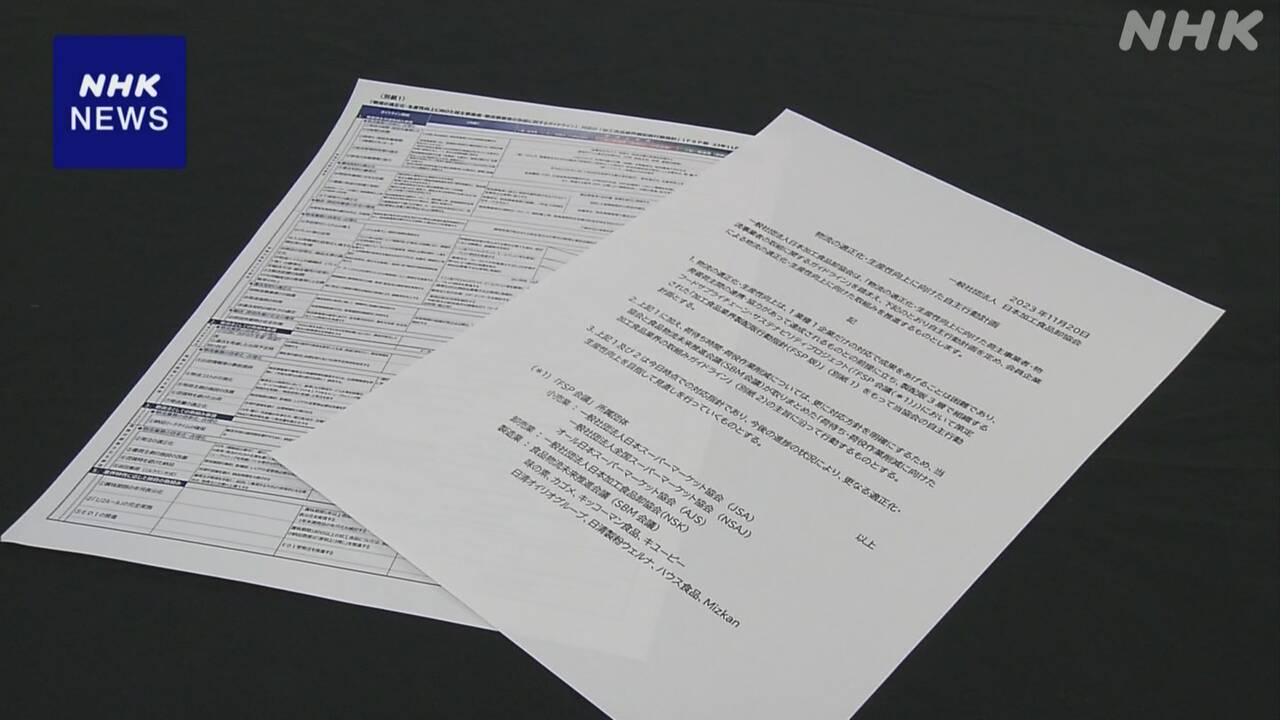As responding to the ``2024 problem'' in logistics becomes an issue, there is a growing movement among shipper industries to compile guidelines on measures that should be taken to reduce the burden on truck drivers.
With the tightening of overtime work regulations for truck drivers in April this year, the government is calling on shippers to take steps to reduce the burden on drivers in response to the ``2024 problem,'' which raises concerns about a lack of transportation capacity. .
Under these circumstances, an organization made up of processed food wholesale companies has recently formulated guidelines that summarize the measures that member companies should take as shippers.
The aim is to shorten the so-called "waiting time" when drivers wait for their turn to load and unload luggage, and measures include expanding the opening hours for accepting luggage and making reservations for loading and unloading to avoid the concentration of loading and unloading. This includes things like introducing systems.
Konpei Tokioka, executive director of the Japan Processed Food Wholesalers Association, said, ``If things continue like this, there is a sense of crisis that the supply chain will be disrupted, so we are working to make logistics sustainable.''
Meanwhile, an industry association made up of ham manufacturers and others is putting together an action plan that includes reviewing business practices that require drivers to handle tasks other than delivery, such as displaying products. There is a growing movement in the industry to reduce the burden on drivers.

